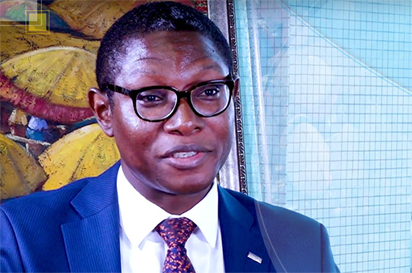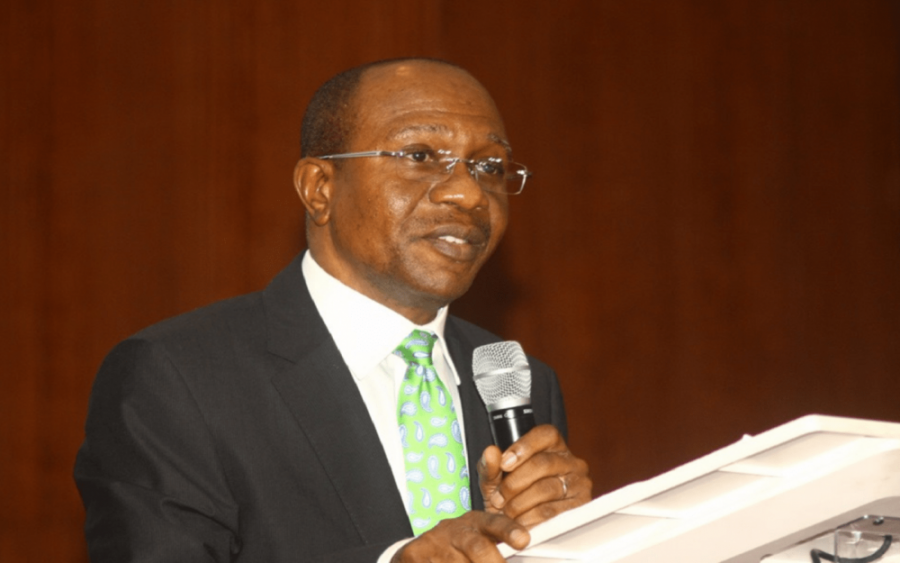The new policy of Central Bank of Nigeria (CBN) on Standing Deposit Facility (SDF), has drawn arguments from stakeholders of the country’s financial and banking sectors.
While some stakeholders showed support for the new measures put in place, others argued that the Central Bank should have prioritised addressing the reasons behind lenders’ reluctance to lend to the country’s economy.
[READ MORE: Our view on CBN’s revision of SDF guidelines by CSL Capitals]
Arguments: Reacting to the new measure, the Head of Research and Strategy at the FSDH, Ayodele Akinwunmi, made known that the policy would make the apex bank have access to more funds from the banking system at no cost than before.

According to Akinwunmi, the new policy would reduce the interest income of banks going forward. He also said it would force banks to trade more with one another in the interbank market than before, adding that it might also reduce the cost of managing system liquidity for the CBN.
“In addition, interbank interest rates may drop further as a result of increased system liquidity. This is part of the efforts of the CBN to increase banks’ credit to the real sector of the economy in order to stimulate the growth of the economy.”
In what seems to be similar to FSDH’s stance, analysts at CSL Stockbrokers Limited maintained that the new policy fails to address the fundamental issues behind banks’ reluctance to lend and would only result in banks looking for innovative ways to get around the rules.
According to the CSL Stockbrokers, the low-risk appetite among banks for lending to the real sector could be attributed to the high risks in the operating environment which hinders the survival of SMEs and the profitability of businesses in general.
Expressing confidence in the new policy, a banking analyst at Moody’s, Peter Mushangwe, said the latest measure signalled the Central Bank’s intention to stimulate lending to the real economy.
According to Mushangwe, in Moody’s view, the new directive is unlikely to force Nigerian banks to grow their lending aggressively.
(READ ALSO: Emefiele reacts to allegations that CBN has multiple exchange rates)
“Assuming banks would lend out amounts above the new N2 billion placement ceiling, the additional lending would be only N5.5 billion per bank, and will likely be less than one of the total loans outstanding. In our view, the additional liquidity will likely move to the interbank market rather than lending.”
The new CBN’s policy: The Central Bank had directed that banks’ daily deposits placement through the CBN’s Standing Deposit Facility, shall no longer exceed N2 billion.
This new policy was made known in a circular titled, “Guidelines on accessing the CBN Standing Deposit Facility.”
Penalty for not adhering: According to the circular signed by the Director of Financial Markets Department of the apex bank, Angela Sere-Ejembi, daily deposits by any bank in excess of N2 billion shall not attract interest payments.















